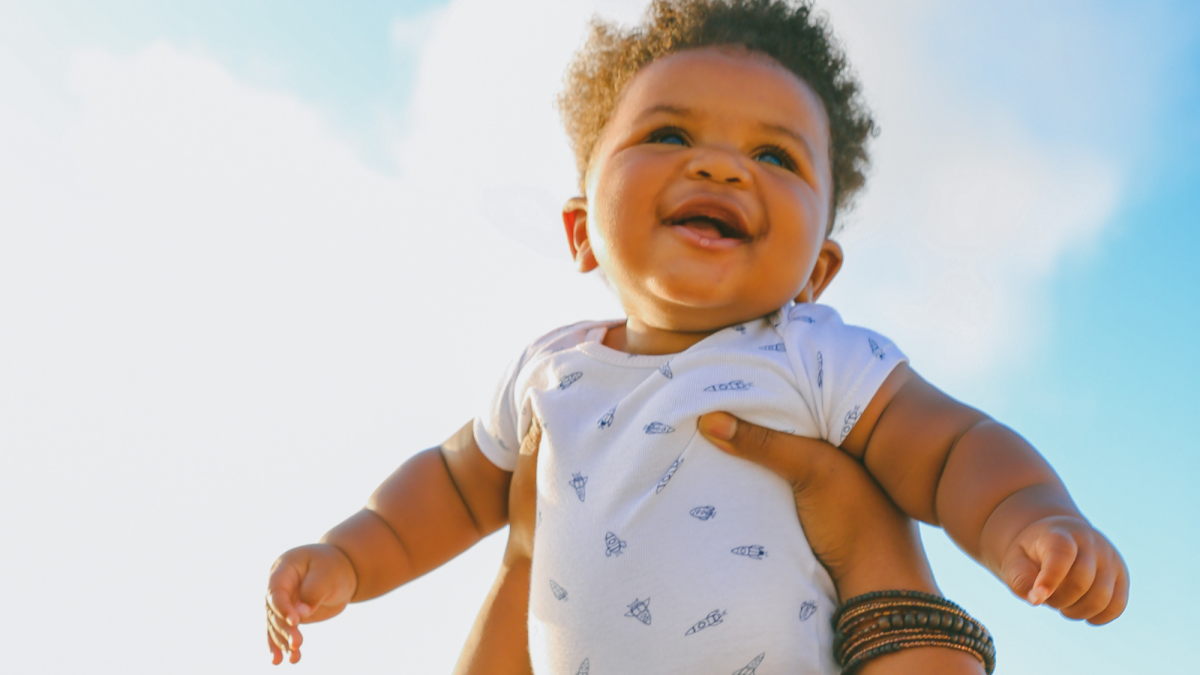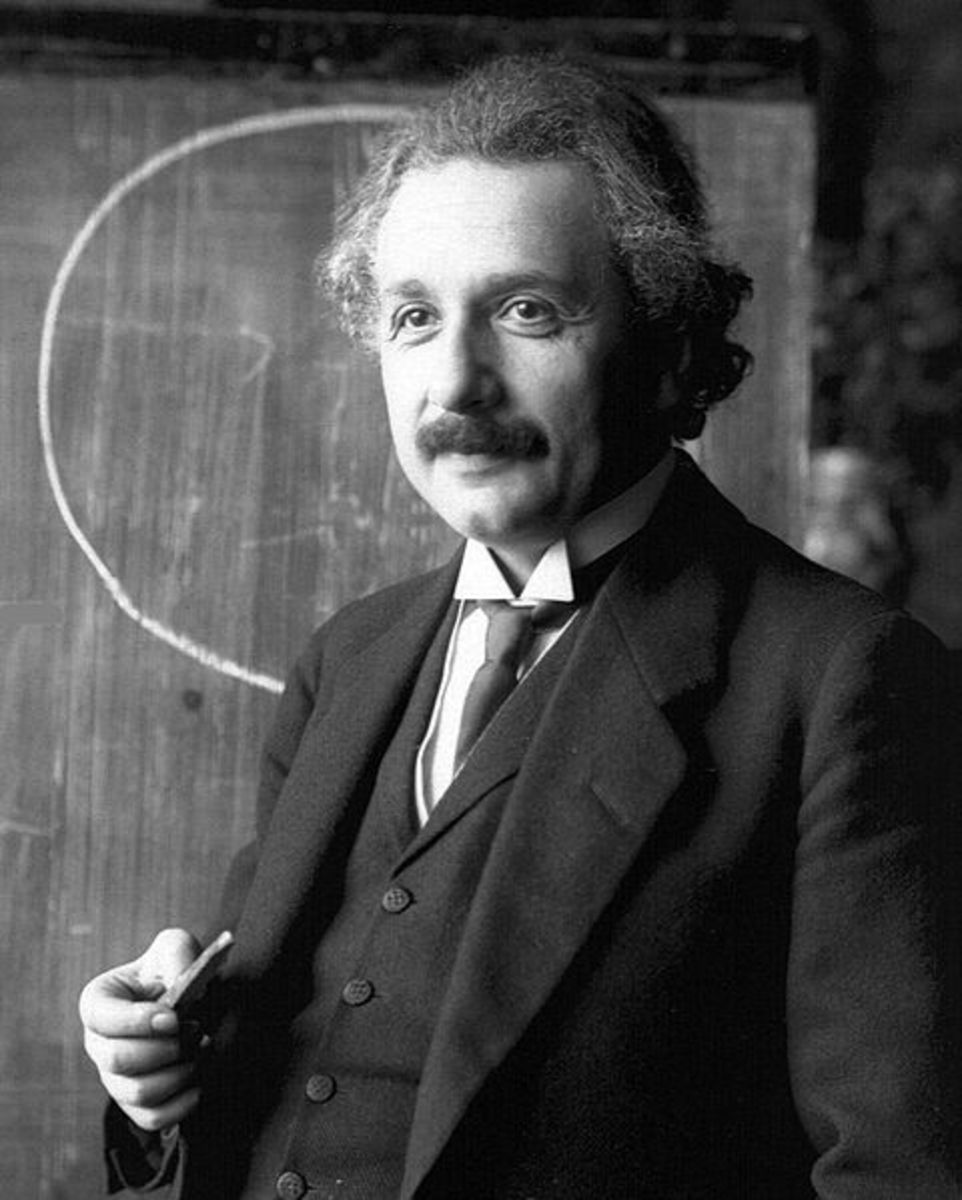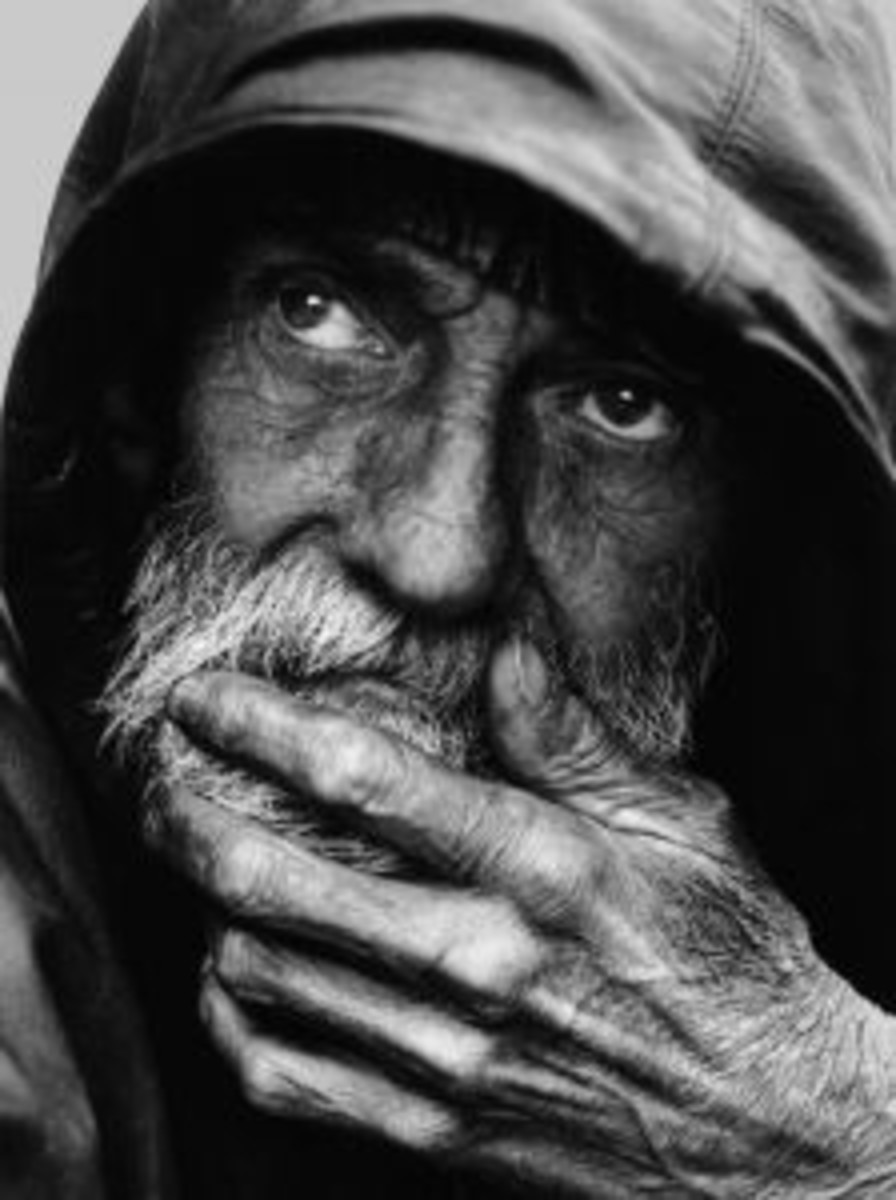Being Outnumbered - A Scary Reality
One of a kind

Humans' instinctive fear of being one-of-a-kind
This video of a boy conveying tremendous disappointment that his third sibling is again a girl, when he wanted a brother with all of his heart, is indisputable proof of a human’s instinctive fear of being one-of-a-kind.
Embedded in our collective memory is the knowledge that we will not be able to survive without the support of those like us. "The more we are, the stronger we are," is such an instinctive belief that we will, as a baby, die when locked up alone even while being fed by a machine, and we will, as children, team up with any others that may make us stronger and more able to cope with the onslaughts of life.
Contemplating One-of-a-kind
Being one-of-a-kind is not the same as being an individual with a unique personality. We are all individuals; each of us has our own, unique personality and physical appearance, yet we are part of a specific group and even of more than one group.
This hub is about being a distinct individual, clearly outlined and outnumbered.
Being the only boy among girls, or the only girl among boys, or being one-of-a-kind in any group, makes us feel insecure, vulnerable and unsupported. This feeling motivates us to acquire skills, characteristics and habits of all sorts that can give us the strength, or at least the feeling of power we need to stand up for ourselves.
Acquiring repelling skills, characteristics and habits, such as superbia or arrogance, seems to be like grabbing the ugliest and most stinky harness in a world occupied by monsters. When we keep in mind that too many people, especially children, are insensitive and eager to bully and abuse the odd-one-out, we cannot blame the one-of-a-kind for developing without even realizing a repelling defense mechanism. However, in a one-of-a-kind position most of us will rather find solace in solitude, and before we realize the consequences we are loners not able to achieve our potential goals.
The Only Child Syndrome
When we contemplate the “only child syndrome”, we will be able to comprehend the ‘only boy/girl syndrome, and/or the only male/female syndrome, or for that matter even the ‘only intellect-, or only fool-, or only comic syndrome. The ‘only child syndrome’ is often also detectable in a child with siblings much older or younger than they.
Being the only child among adults compels us to acquire all kinds of skills and habits - anything we need - to stand up for ourselves against adults.
Developing an impressive vocabulary and persuasive acts that will turn an adult’s views in our favour, is obviously the first we do. At the same time this vocabulary will be beyond the comprehension of our peers, and our persuasive acts will be perceived as manipulative and repelling. Then we try to compensate by acquiring a vocabulary and manoeuvres that may impress our peers, not realizing that we may be perceived as silly, profane, or simply weird according to normal standards. Unless we bond with another one-of-a-kind, we find ourselves alienated by the time we are teenagers. Then the realisation comes natural, that our only salvation lies in biting our tongue and allowing our own thoughts and views to ensure us that we are on the right track.
Eventually, in adulthood, the only child (or boy-among-girls, girl-among-boys) has a distinct one-of-a-kind personality, which may be either attractive or repelling.
Freedom to develop selfishness to a level of loathsome egoism is one of the most dangerous pitfalls on the path of an only child. Parents are compelled to go out of their way to inspire their only child to share their belongings. Encouraging their only child to develop the capacity to tolerate unfavourable conditions seems to be a challenge beyond comprehension. Therefore In adulthood the selfishness of an only child becomes the cause of immense unhappiness for the only child as well as for the people who are compelled to live and work with them.
Although a need for a large personal space and time to be alone is not unique in the only child, they tend to see this need as their right and not as their privilege. Claiming this right in adulthood discourages rewarding friendships and relationships and eventually the only child has to deal with feelings of rejection and loneliness.
Humans are not born with a desire to be one-of-a-kind, but they are quite able to acquire characteristics, habits and skills that will enable them to stand up to life like any other person on this planet.
Oscar Pistorius

And this brings me to Oscar Pistorius -
On Valentines Day, 2013, Oscar Pistorius killed his girlfriend. According to his testimony he had mistaken her for a burglar.
Oscar Leonard Carl Pistorius was born in South Africa on 22 November 1986 with a deficiency called fibular hemimelia - a congenital absence of the fibula. At the age of 11 months both his legs were amputated halfway between the knees and ankles. Although he had an older brother and a younger sister, he was the only one who had to walk with prostheses, which made him one-of-kind in his personal world.
By the time he was 15, when his mother died, he had already obtained habits and skills that enabled him to stand up for himself like any other teenager. One most admirable characteristic he developed was an extraordinary determination to surpass himself and to rise far above his circumstances.
Like any normal boy he participated in sports and eventually became a Paralympics champion. He even became the first amputee to win an able-bodied world track medal at the 2011 World Championships in Athletics. His achievements as an athlete had turned him into a legend.
One of Oscar Pistorius's most impressive motto’s: "You're not disabled by the disabilities you have, you are able by the abilities you have."
Then, on 14 February 2013, at the age of 26, he shot his girlfriend, Reeva Steenkamp, four times through a closed door. She was sitting on the toilet, behind a locked door, and Oscar allegedly thought she was a burglar.
Reeva Steenkamp, the talented South African model and reality TV star on the brink of international fame had lost her life due to one impulsive, irresponsible, and perhaps intentional, act of a one-of-a-kind hero, and Oscar Pistorius, the famous one-of-a-kind hero, lost his hero-ship and became a murderer in only a couple of seconds. .
According to my perspective this is a horrendous tragedy that could happen to any one-of-a-kind person, but also to any person who had acquired dangerous habits and intentions in their quest for self-sustainment.
Oscar sticks to his story – that he had mistaken Reeva for a burglar. But even so, he had displayed his fear of being one-of-a-kind – the fear that had inspired him to achieve phenomenal success. He had also displayed many of the dangerous skills/habits he had acquired in his quest for success, and in particular the one being coveted by people who feel outnumbered, unsupported and vulnerable: A paranoid dependency on guns with no hesitation to pull the trigger in order to assure themselves AND others that they can stand up for themselves in all circumstances.

Conclusion
Being one-of-a-kind, outnumbered, is a dangerous state of being we instinctively fear. In this state of being we feel insecure, vulnerable and unsupported, and therefore we are more inclined to acquire unusual skills, characteristics and habits. Firstly to overcome our fear, which may lie unidentified in our physiological system, and secondly to stand up against others and against life with all its unpredicted onslaughts.
Knowing ourselves and what instigates our doings and neglect may prevent us from ruining our future in one act of impulse.
Watch this video and learn more about human behaviour -

© 2014 Martie Coetser








